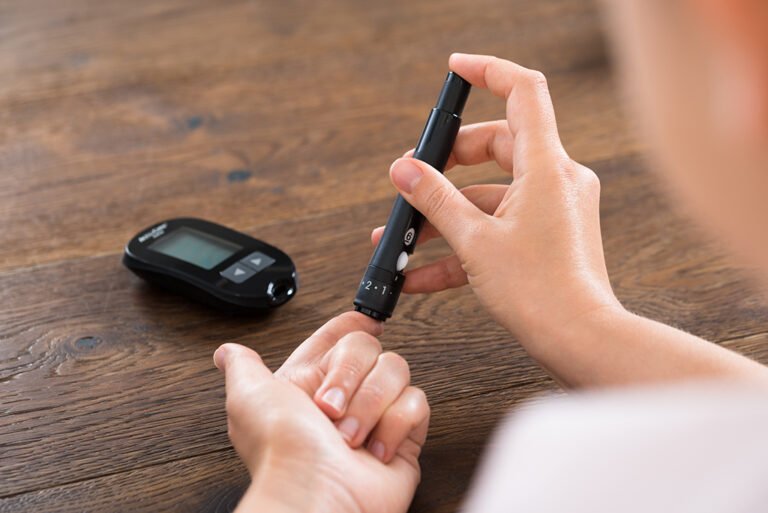The number of people in England at risk of type 2 diabetes (T2DM) has increased by more than half a million in one year, according to NHS figures.
According to the latest National Diabetes Audit Programme published on 12 June 2024, 3.6 million people registered with GPs will have non-diabetic hyperglycemia in 2023, up from 3.1 million in 2022 – an increase of nearly 550,000.
For people under 40, the number increased by about 25% over the same period, from 173,166 in 2022 to 216,440 in 2023.
Claire Davies, specialist diabetes and endocrinology pharmacist at Gateshead Health NHS Foundation Trust, said the data will be “really useful in quantifying the impact of type 2 diabetes and helping to inform how the NHS manages it and how pharmacists can support people”.
“Pharmacists and pharmacy technicians can be uniquely positioned to support this patient population, helping those with diabetes and those at risk for diabetes manage their condition through dietary and lifestyle advice and medication optimisation,” she said.
“We hope that pharmacists will be recognised by the NHS for the vital role they have in preventing and managing diabetes.”
In 2016, NHS England launched the NHS Diabetes Prevention Programme, aiming to prevent the onset of type 2 diabetes and reduce obesity rates.
In a statement on June 12, 2024, NHS England said more than 1.6 million people have been “supported through the nine-month programme, providing personalised support with practical tools and advice on healthy eating and lifestyle choices, increasing physical activity and managing weight.”
Additionally, the NHS has announced plans to roll out a low-calorie treatment programme for T2DM nationwide in May 2024, following the success of a pilot scheme in 2018.
James Davies, president of the Royal Pharmaceutical College for England, said: “Pharmacists are medicines experts and already provide expert care and advice to people with type 2 diabetes and those vulnerable to the disease.”
“With the right support, resources and time to build their practice, pharmacists can play an increasingly important role in supporting patients in the prevention and early detection of type 2 diabetes. We expect the NHS to support this by utilising pharmacists in all settings of care.”
Nikki Juhl, policy manager at Diabetes UK, said the organisation was “very concerned” by the NHS data.
“It is vital that people at high risk of type 2 diabetes have access to diabetes prevention programmes, which have been shown to effectively prevent or delay the onset of diabetes,” she said.
“Bold action is needed to reverse the rising trend in type 2 diabetes in the UK, which is why we are calling on all political parties to focus on prevention, which is essential to improving the health of the nation.”
NHS chief executive Amanda Pritchard also said the figures were “worrisome”, adding: “Doing nothing is not an option for the NHS, which is why we will continue to develop services to help people at risk of developing type 2 diabetes live healthier lives.”
Recent studies have shown that semaglutide reduces the risk of kidney failure and cardiovascular death in people with type 2 diabetes, with early intensive glycemic control providing near-lifelong protection.


